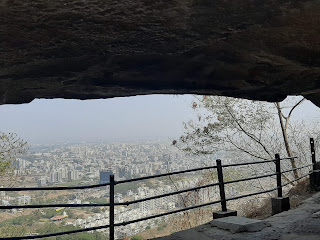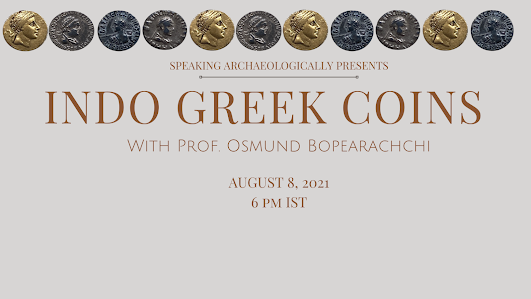SA Culture Diaries: Diwali in Sikhism by Tarannum Caur, Nimrat Dhillon and Gursahiba Gill
“On a dark moonless night in autumn,
I see a nation adhere to its ancient custom.
to celebrate the deity of success and prosperity,
by thanking their almighty.” - Sulaiman Sait
to celebrate the deity of success and prosperity,
by thanking their almighty.” - Sulaiman Sait
Historically, Sikhism struggled under the regime of Mughal rulers due to various reasons. On the day of Diwali, the Sixth Guru, Guru Hargobind Ji and 52 other kings were released from the prison of Gwalior. After Jahangir found out that Guru Hargobind Ji was innocent and harmless, he ordered his release. 52 Rajas who were also imprisoned in the fort as hostages for opposing the Mughal empire were dismayed as they were losing a spiritual mentor. Guru Hargobind Ji requested the Rajas be freed along with him. Jahangir ordered that only those kings who could hold on to the cloak of the Guru would be released. Guru Hargobind Ji got a special gown stitched which had 52 hems. As Guru Hargobind Ji left the fort, the captive kings caught the hems of the cloak and came out along with him.
In Sikhism the festival of Bandi Shor Divas became the second most important day after the annual Vaisakhi festival in April. For sikhs Diwali also marks the establishment of khalsa in 1699 by Guru Gobind Singh Ji to fight against the Mughal Empire atrocities on non-muslims.
Diwali demands every niche and corner of the house to be clean and well lit as in a layman's language it is the 'festival of lights'. The exteriors of the house are covered and wrapped in fairy lights of various colours, diyas and candles are placed in every corner. But sometimes due to some kind of personal loss or demise in the family or neighbourhood, people refrain from using lights, this is an age old custom to show respect and offer condolences. However, it is not majorly followed all over, as families and their rituals are subjective.
Sometimes due to crisis or a massive movement, Black Diwali is also observed which is as paradoxical and intense as it gets. Black Diwali literally Diwali with no lights and fireworks, two essential things which define the essence of the festival. This was witnessed last year majorly in Punjab and it was an outcome of the 'Sikh Solidarity'.Deepavali is a festival which has gained its popularity owing to the nature of its celebrations. It has long been considered to have a religious significance which is now lost in the universal feelings of goodness and joy which envelop everyone on this day.



Please check the facts before writing anything.
ReplyDelete